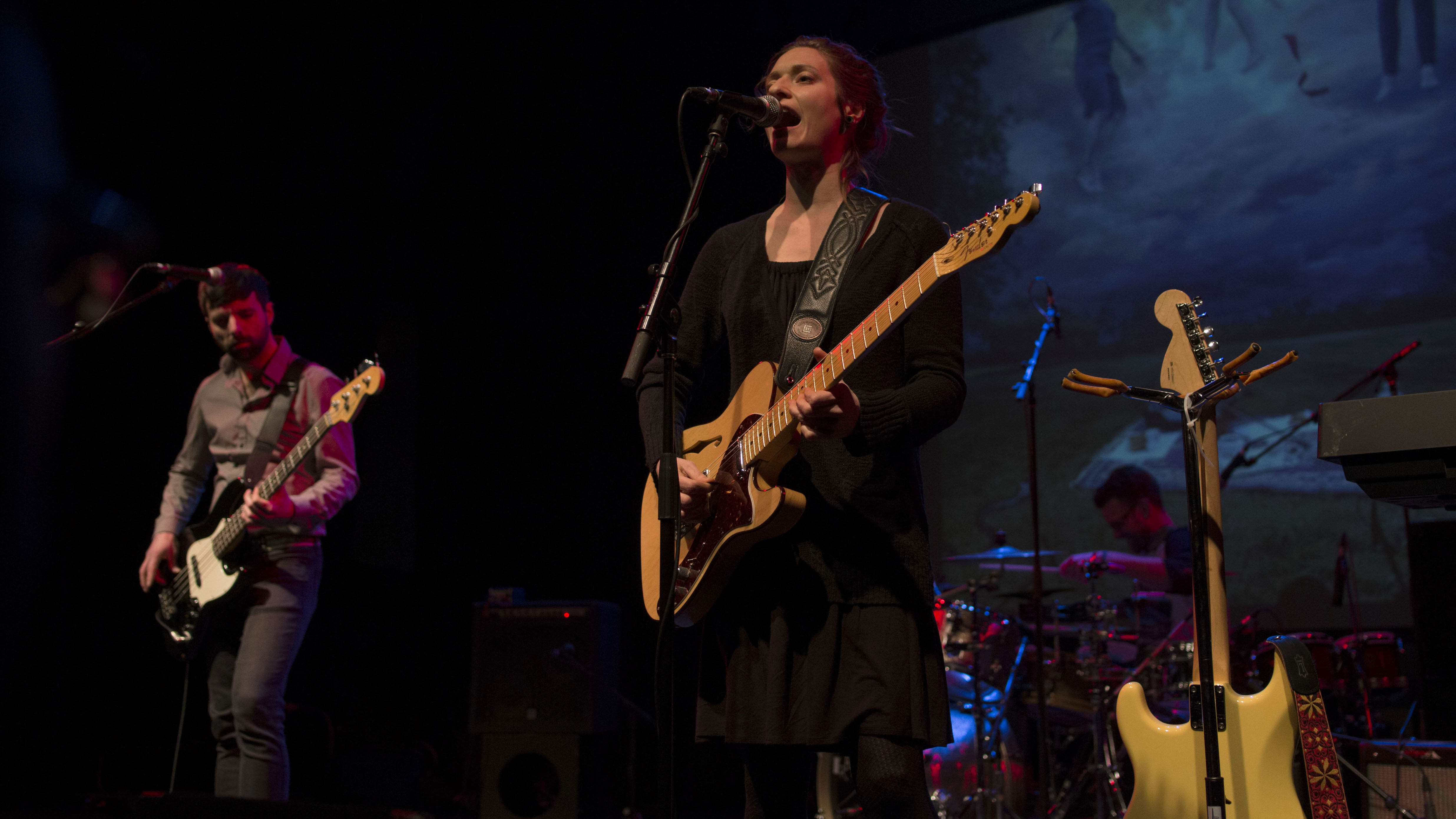All the City’s a Stage is a continuing look at local independent theatre companies in Winnipeg.
This week: White Rabbit Productions
“Traaa-di-tiooooon, tra-di-tion.” Musical theatre is one of those rituals that begin in school when North American children belt out the “classics” like Fiddler on the Roof each spring. Although entertaining, some of these musicals grow tiresome and reinforce shadow stereotypes of the past. Moreover, a recent trend toward large, national co-operative tours has emerged. These tours represent a brilliant business model for large theatres and an effective solution to government funding cuts. However, they also threaten to stifle opportunity for local writers, directors and performers, which may have negative long-term affects for the genre itself, as companies are forced to stick with what sells.
As if in answer to the threatening demise of music theatre, Jeffrey Kohut, artistic director of White Rabbit Productions, says that their company seeks to “help people develop and promote local and Canadian musicals.” The company began as Jeffrey entered the field as a professional performer and artist. “I realized that the life of the traveling actor was not for me. I loved home (Winnipeg) too much,” he said. Together with his friend, Ray Padua, White Rabbit Productions was spawned. After only a few years, they have developed several local original musicals including Lucrezia Borgia, Londontown, Bloodless and the upcoming Neighbors.
White Rabbit Productions keeps a classic genre current. They are aware of the culture in which they exist, still doing live theatre, but infuse pop culture and technology. This idea is inherent in their logo — a rabbit in a hat — which represents how “all over pop culture the white rabbit leads characters to another world plane or existence.” It is a stunning symbol in light of Jeffrey’s assertion that, “We think we are so connected with our current technologies, but I feel we have never been so separated from each other. Coming out to the theatre brings us together and connects us.” Indeed, this group does not try to fight technology, but instead incorporates it. For example, “One member wanted to create a lightsabre fight, because he found a new computer program that could help him do this. This was written into the show.”
Like the romantic comedy, music theatre is a popular genre and yet the brunt of jokes. Jeffrey, however, is of the energizing opinion that music theatre represents “a fresh way of looking at theatre and music, which is outside of the box. Every show we do is new, original and at times quite random. We don’t have a subscription audience at this time, so we are free to try anything — as long as it’s new, creative and Canadian.”
Audience members are often hesitant to see new companies at work. However, as theatre companies develop loyal audiences, they are, in turn, compelled to please them, sometimes limiting the creative license of the company. Thus, a young, untainted troupe like White Rabbit Productions is willing to try new things beyond the “classics” while still honoring the “traditional” form. Jeffrey says he loves music theatre because “it cannot be defined as cheesy musical comedy, like it started out as in the 1920s. It has a history of staying with the current times, incorporating new forms of music and commenting on current issues.”




